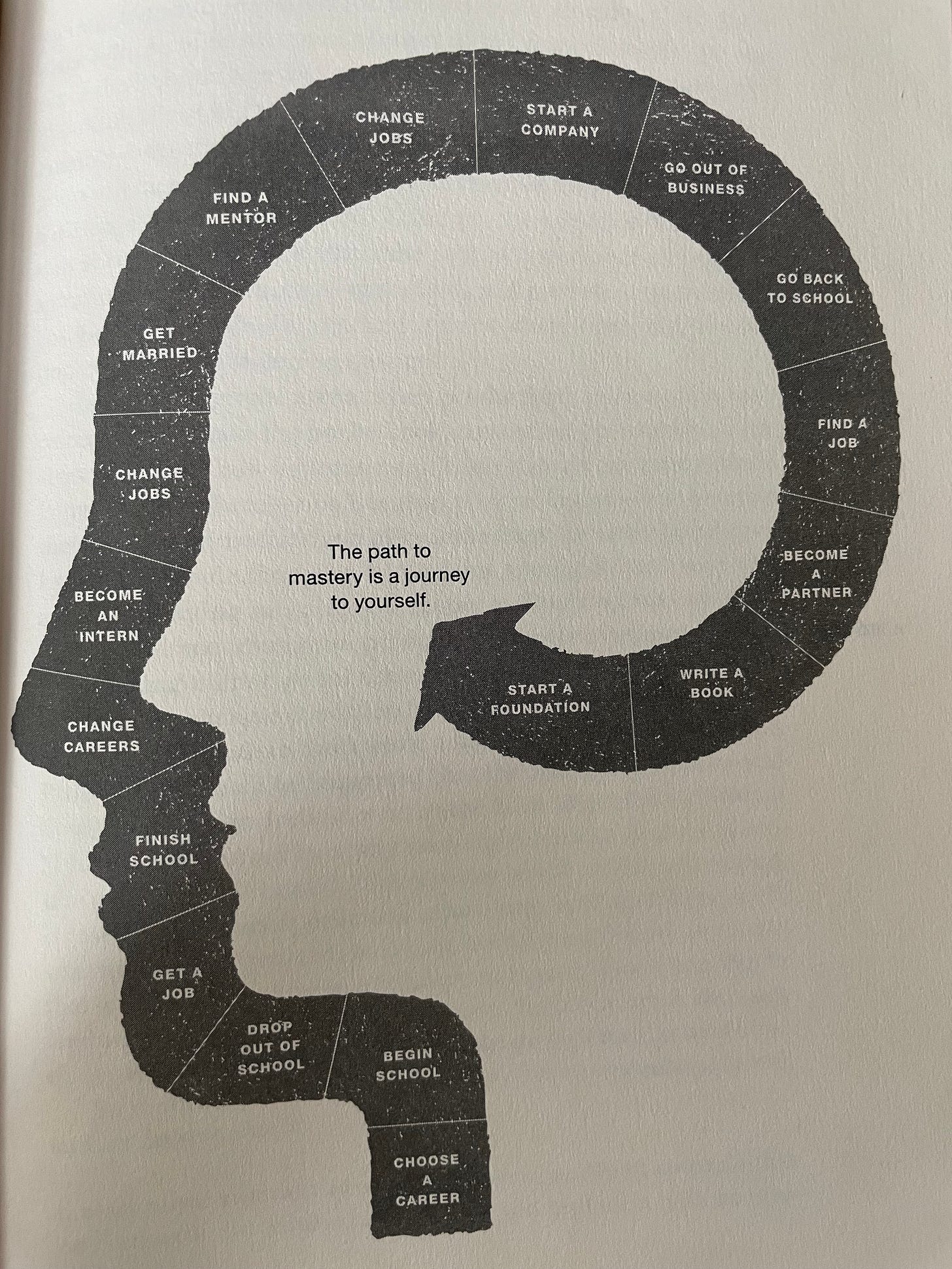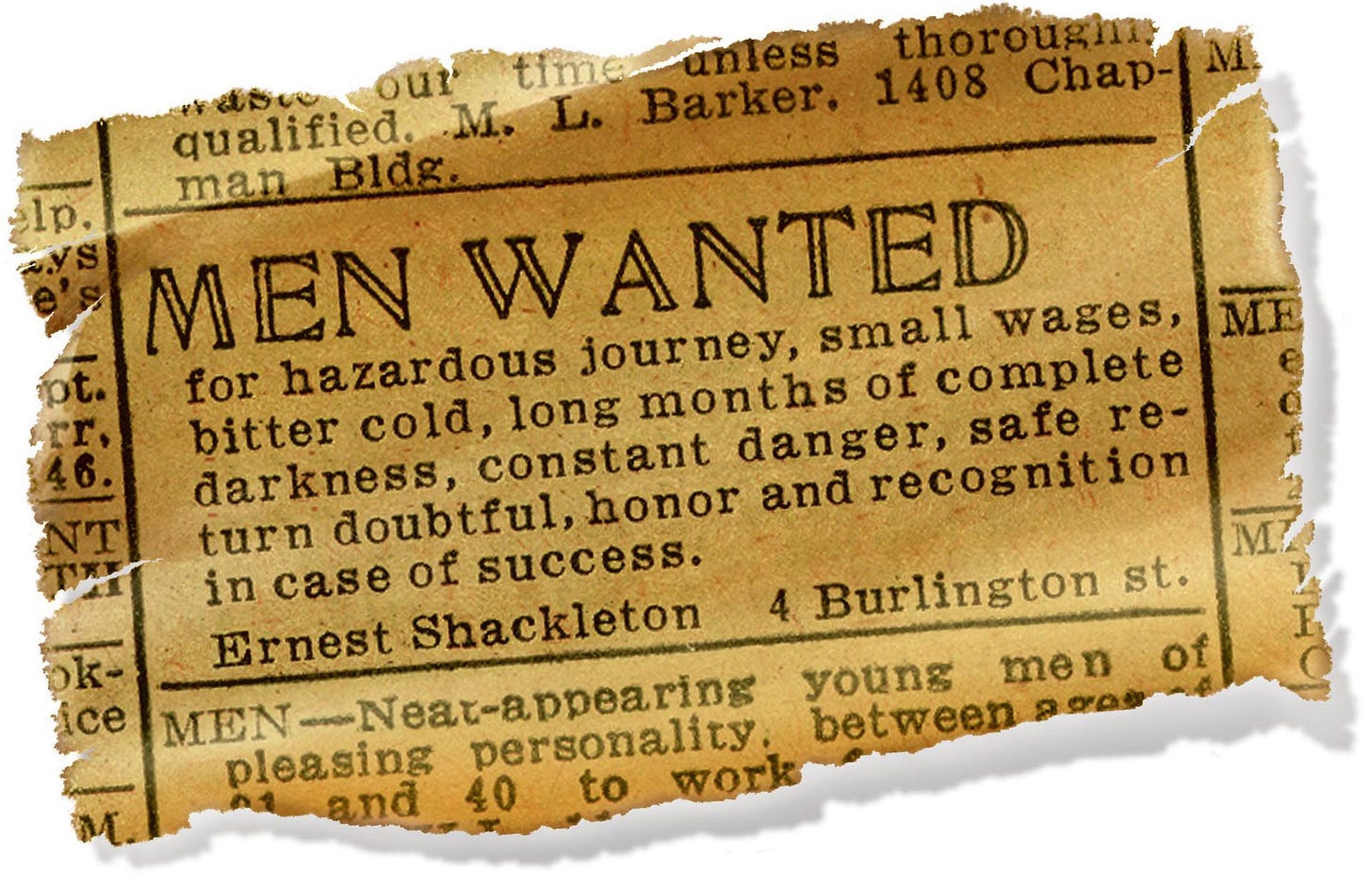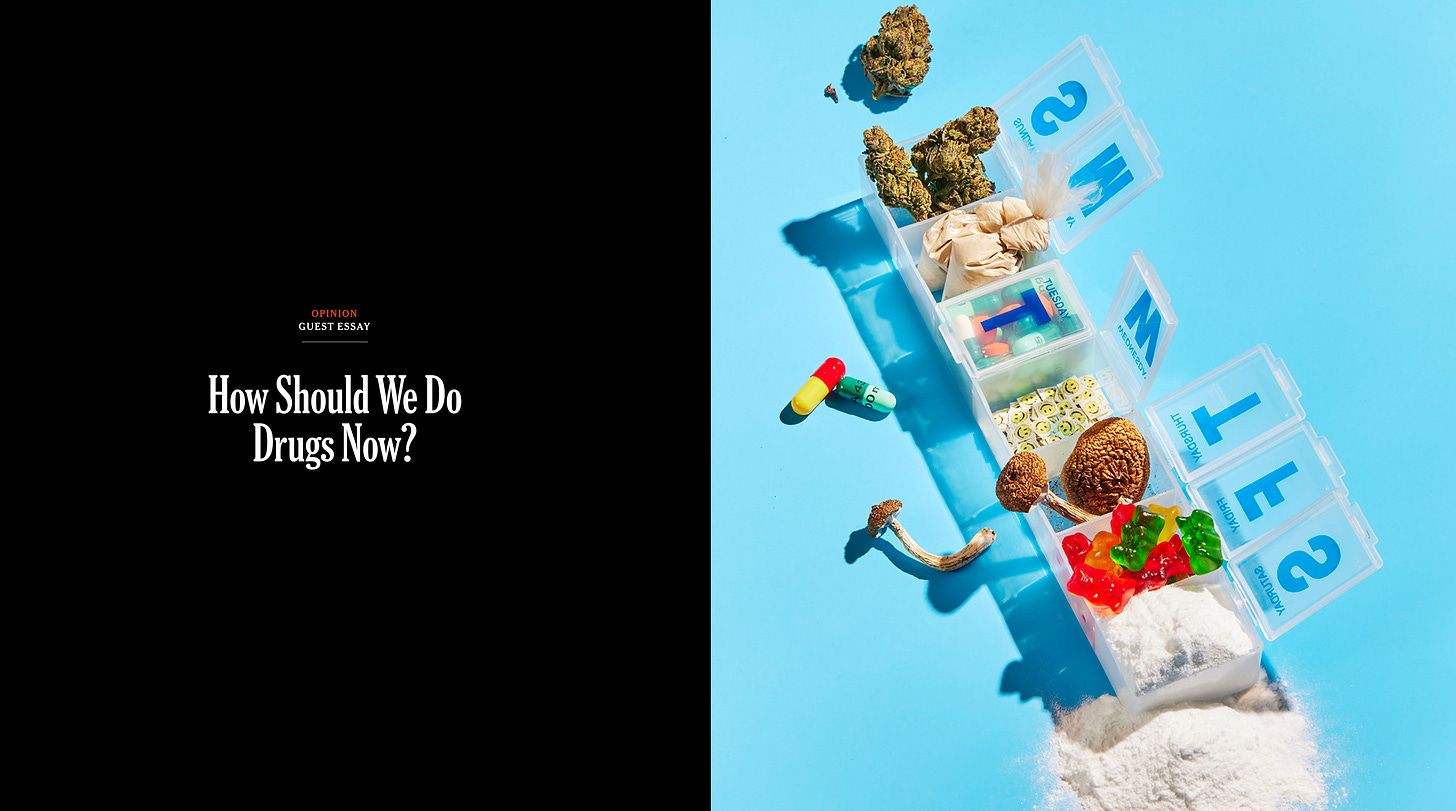1. Dear CxD readers and patrons,
It was brought to my attention by several of you that last week’s issue was way below standard, spelling-wise. Rest assured that bunk—my pooch that got in the hooch— to whom I outsourced the issue due to personal time constraints, has been relieved of his epistolary duties.
I, as his stone-cold sober editor, noticed the errors and corrected many of them on the website version shortly after publication, but that did not change your initial in-box version experience. 🤮
I’m sorry.
But I’m also glad that some of you still have standards below which you will not slouch. Maybe this humble weekly rag is doing some good after all, installing in you an indefatigable standard of uprightness?
2. But on the other paw: I have a character habit endearingly called perfectionism, which is a socialite-toned voice that says I have to know everything and prepare forever and do everything correctly before making an offering lest I be considered a fraud.
This “don’t do it until it’s perfect” strategy is a clever fear-based protection mechanism that keeps me safe, because—according to its tenents—it’s better not to do something and not be challenged and avoid being poked fun of, than to do the thing and be vulnerable—says the inner perfectionist.
So the fact that I’ve been steadfastly publishing CxD issues every week for a couple of years now, whether they’re fully baked or not, edited and spell-checked or slopped together by bunk, feels like a victory where I don’t allow the perfect to be the enemy of the god.
Sometimes small victories are all we get in this life.
3.
Michael Pollen’s books are some of the most influential I’ve read. Especially Omnivore’s Dilemma. His kind of journalism is open, exploratory, humane, detailed, and sympathetic. He attempts to question all the assumptions he’s aware of, and tries to reveal many more. He’s unafraid of facts.
For a good while, he wrote about the problematic food industry and its consequences on our health, a feat of journalism that lead to significant changes to what and how food is raised and sold. It changed my own awareness toward animals and conscious eating.
With his book How to Change Your Mind, Pollen shifted his focus to discussing the ways drugs need to be reconsidered. This essay below from the New York Times is a class demonstration of holding a steady hand in the midst of a highly politicized and controversial issue. It’s merits on your life might be greater than you can imagine at the moment.
But if we’re going to end the drug war, figuring that out is precisely the work we’ll need to do. It won’t be easy or simple or quick; indeed, we’re still figuring out how best to manage alcohol and tobacco, striking the right balance of formal regulations, social norms and taxes. (Taxation is important for two reasons: to discourage use and to pay for the associated health costs to society.) And while it is surely the case that the burden of drug abuse (including that of alcohol and tobacco) will fall most heavily on the poor, that argues not for a war on the drugs so much as for a war on poverty — on the conditions of life that make using drugs seem like a reasonable solution or means of self-medication.
The long history of humans and their mind-altering drugs gives us reason to hope we can negotiate a peace with these powerful substances, imperfect though it may be. We have done it before. The ancient Greeks grasped the ambiguous, double-edged nature of drugs much better than we do. Their word for them, “pharmakon,” means both “medicine” and “poison” — it all depends, they understood, on use, dose, intention, set and setting. Blessing or curse, which will it be? The answer depends not on law or chemistry so much as on culture, which is to say, on us.
I encourage y’all to read the entire essay here.
4.
5.









You’re doing great! Dont mind typos💜
Please read Pollan’s excellent book, How To Change Your Mind